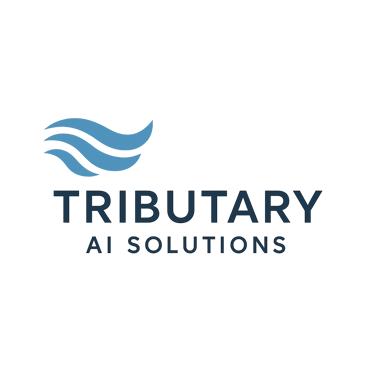Why MCPs Are the Secret Weapon for Scalable, High-Impact AI Applications
Learn how Modular Component Platforms (MCPs) enable scalable, secure, and compliant AI applications, helping businesses innovate faster while meeting evolving data protection laws.
Michael Cooper
7/29/20252 min read
Why MCPs Are the Secret Weapon for Scalable, High-Impact AI Applications
In the fast-moving world of Artificial Intelligence (AI), success isn’t just about building a powerful model—it’s about creating the right architecture to support it. AI applications must be scalable, adaptable, and secure while integrating seamlessly into existing business workflows.
That’s where Modular Component Platforms (MCPs) come in. They give organizations the flexibility to innovate quickly, upgrade technology easily, and maintain control over costs and compliance—all while keeping AI solutions aligned with business objectives.
What is an MCP?
A Modular Component Platform is an architectural framework that organizes an AI system into independent, reusable components—each designed for a specific function, such as:
Data ingestion and preprocessing
Model inference
Workflow orchestration
Logging and analytics
Security and compliance monitoring
Because these modules are loosely coupled, you can upgrade, replace, or scale individual components without touching the rest of the system.
Why MCPs Matter for AI Applications
1. Faster Innovation Cycles
Update or replace model components without disrupting the entire workflow—keeping AI applications evolving as quickly as the market demands.
2. Independent Scalability
Scale only the modules that need it—such as inference layers—without overprovisioning the entire system, lowering infrastructure costs.
3. Easier Technology Upgrades
When a better NLP model, vector database, or cloud service appears, swap it in at the component level without a full rebuild.
4. Multi-Model Support
Chain multiple models together—like vision + NLP + recommendation systems—without creating brittle dependencies.
5. Simplified Maintenance
Troubleshoot performance bottlenecks or bugs at the component level, minimizing downtime and engineering costs.
The Critical Role of Data Protection & Compliance in MCP Design
AI applications don’t exist in a vacuum—they operate in a complex landscape of data protection laws and compliance requirements. For many industries, failing to plan for these from the start can stall projects, cause costly redesigns, or even create legal exposure.
An MCP makes it easier to embed data governance and compliance directly into your AI workflows, because security and compliance features can be implemented as dedicated, reusable modules.
Key regulations and frameworks to plan for:
GDPR (General Data Protection Regulation – EU) – Data minimization, user consent, and the right to be forgotten.
CCPA/CPRA (California Consumer Privacy Act / Privacy Rights Act – US) – Consumer rights to access, delete, and opt out of data sales.
HIPAA (Health Insurance Portability and Accountability Act – US) – Privacy and security requirements for health data.
NIST 800-53 – Security and privacy controls for federal and enterprise systems.
SOC 2 Type II – Security, availability, and confidentiality controls for service providers.
ISO 27001 – Global information security management standard.
By integrating compliance into your MCP from the ground up—such as through privacy-preserving data preprocessing modules or audit logging components—you ensure your AI applications can adapt as laws evolve without requiring a complete rebuild.
Real-World MCP Use Cases
Customer Support Automation
Modules: Ticket ingestion → NLP classification → Knowledge base search → Response generation → Logging & compliance auditing
Fraud Detection
Modules: Transaction stream ingestion → Feature engineering → Model inference → Alert system → Audit & reporting
Content Moderation
Modules: Image/video ingestion → Vision analysis → NLP for text → Decision engine → Review portal with audit trails
Why Businesses Should Care
MCPs are more than just a technical choice—they’re a strategic advantage. They:
Shorten time-to-market for AI features
Reduce long-term development and maintenance costs
Enable faster adoption of new AI technologies
Make compliance and data protection part of the architecture, not an afterthought
How Tributary AI Helps
At Tributary AI, we design custom MCP architectures that are scalable, compliant, and tailored to your business. We ensure your AI solutions can evolve quickly, meet regulatory obligations, and deliver measurable business value—without getting trapped in costly rewrites.
The AI landscape changes fast. With the right architecture, your business can change faster—securely and strategically.
📩 Contact us to explore how a custom MCP can power your AI transformation.
